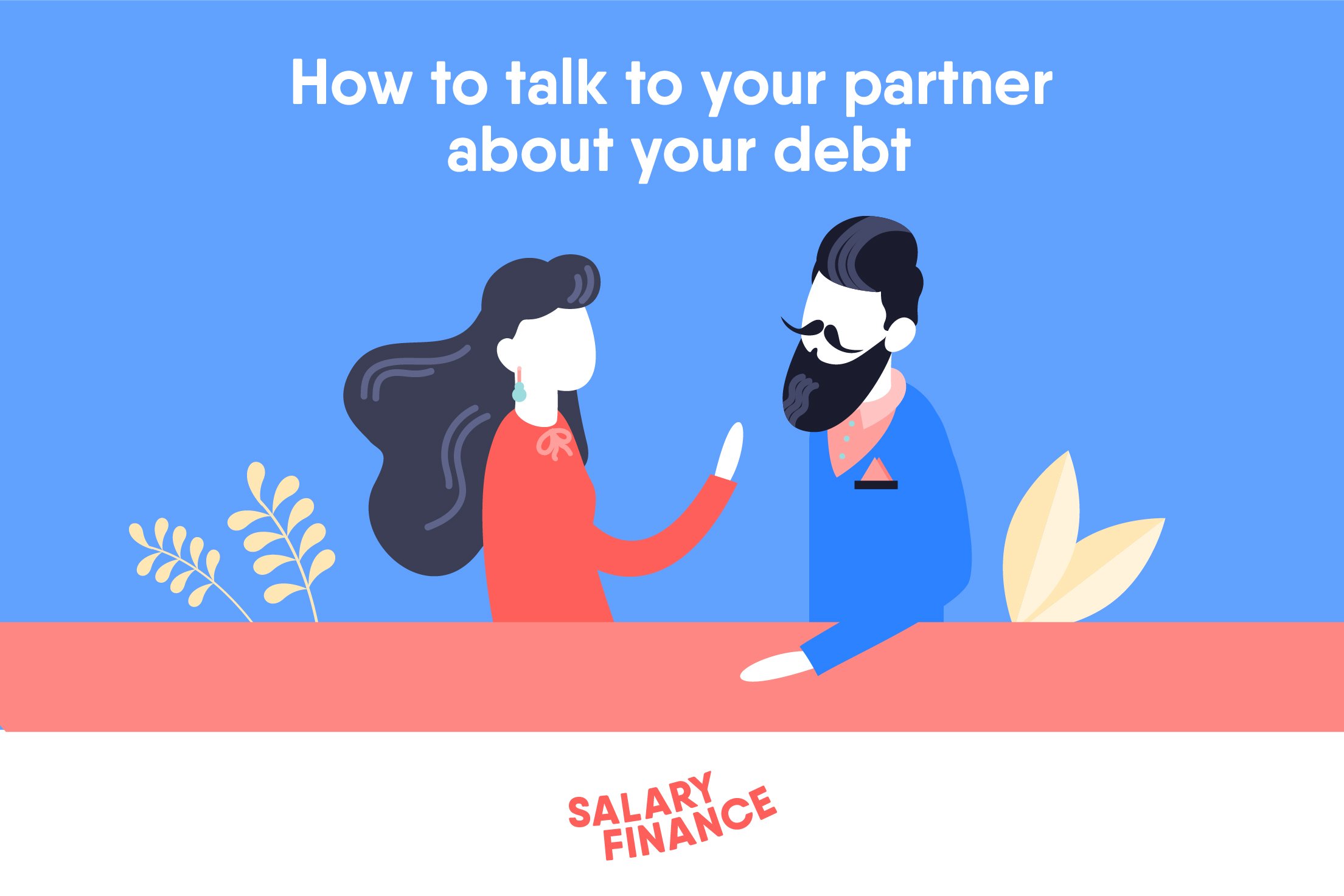
In the early days of a relationship, talking about a sensitive subject like the details of each other’s finances is probably not going to feature too high on your agenda. But if you’re at a point where your relationship is serious, you might find yourself asking this question: “What should I tell my partner about my debt?”
Debt is often a tricky topic to bring up with a loved one, especially if your partner doesn’t have debt themselves. You might be worried that they won’t understand how you got into debt, even if you’re managing it fairly well and have a plan to pay it off.
If you’re struggling with debt, you might be concerned about what your partner may say or think about your situation. However, just like in most situations, honesty is always the best policy when it comes to opening up about finances in a relationship.
Why it's a good idea to tell your partner about your debt
As a relationship naturally progresses, most couples discuss moving in together, perhaps even buying a home. For some, they might want to get married and have children. Having secret debt can put a huge strain on all those positive happy things that you want to achieve with your partner.
Keeping your debt a secret can be emotionally crippling. You’ll find yourself under even more stress when you realize that you both need to pay for things jointly like; bills, food, rent – and especially if you decide to apply for a mortgage together.
The bottom line is that your debt will inevitably affect your partner in some way in the future. For example, it might take you both longer to save up for a house deposit because you can’t save as much money as they can. A lot of people have debt, so you really aren’t alone and you might find that your partner is completely understanding about your financial situation.
If you can be upfront about your debt as soon as possible, you’ll have a chance of working through your debt problems with your partner and this could even make your relationship stronger.
When and how to talk to your partner about your debt
Before you have the conversation about debt with your partner, you need to be clear in your own mind that you’re coping with your debt and that you have a plan to pay it off.
To do that, you should acknowledge just how much debt you’re in and make a budget for your income and expenses so you know how much you can pay off your debt, and how long it will take you to become debt-free.
There are no set rules or time restrictions that you should abide by when raising the topic of your debt with your partner. There usually comes a point in the relationship where you each talk about your respective jobs, careers, and incomes, perhaps even your longer-term financial goals.
It’s worth mentioning your debt at this point if you feel able to. You don’t have to go into too much detail, but you could simply mention that you’re currently paying off some debt and this is one of your financial goals.
You might find that your partner is also in a similar situation and this conversation could get things out in the open early on.
When talking about your debt, be positive and let your partner know that you have a plan to pay it off (if you don’t have a plan, hopefully this post will inspire you to sit down and work out how you’ll tackle your debt).
Set aside time without distractions
It’s good to set aside some time to have a focused, in-depth conversation and be ready to answer any questions your partner may have. Again, be positive when you talk about your debt and share with your partner your plans for the future. Once you’ve had the conversation with your partner about your debt, you might be pleasantly surprised by their reaction. Many people are in debt and this might not come as a shock to your partner, especially if you’re working your way out of debt and can show them that you’re in control.
Be honest with your partner as early on as you can in the relationship; you’ll benefit from increased trust and open communication. And you may even find that your partner can be an emotional support for you as you begin to clear your debt. Those are all positive things.
Either way, as with any challenge in life, it’s better to face up to it sooner rather than later, so you can deal with any consequences and move forwards.






